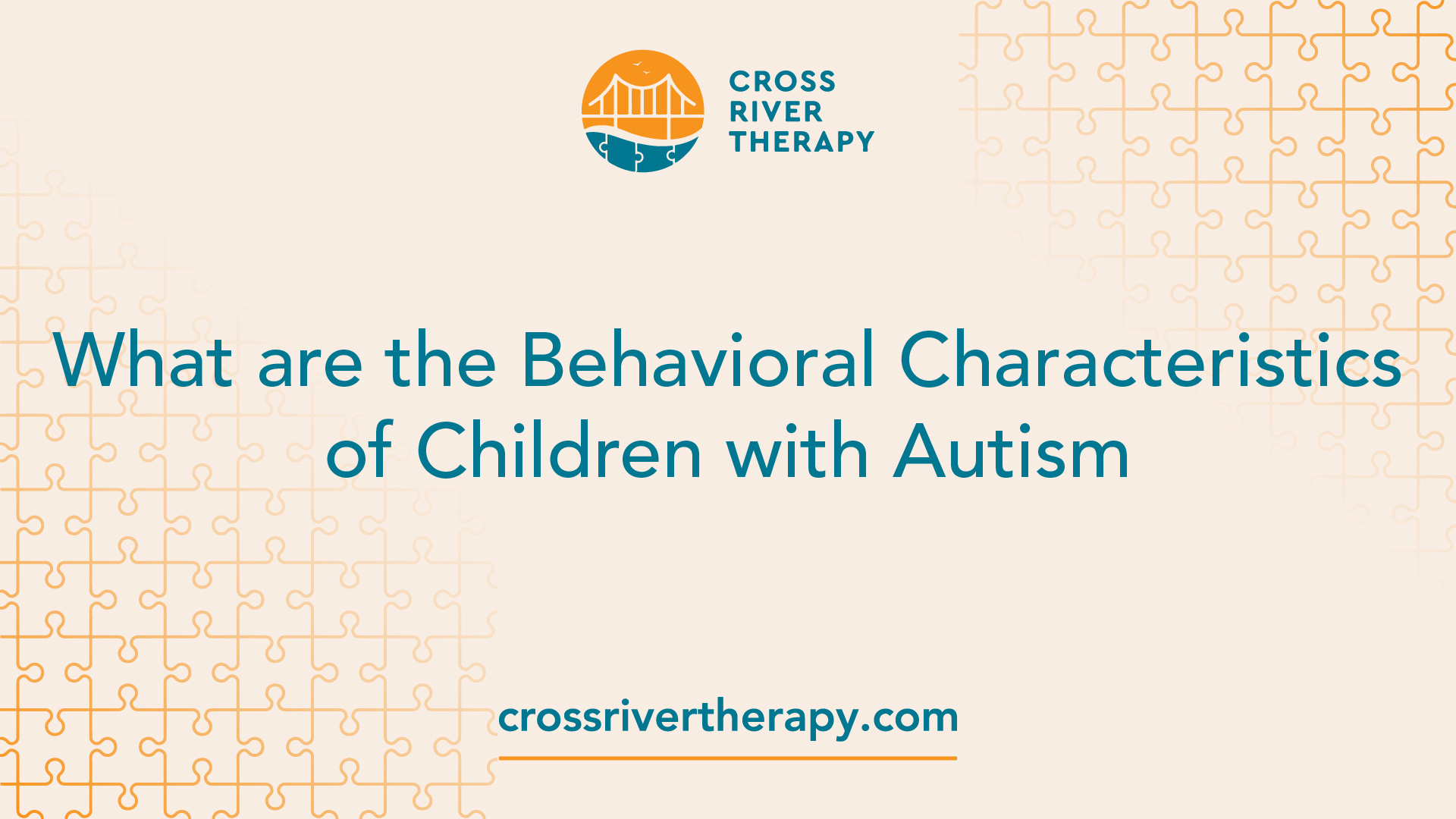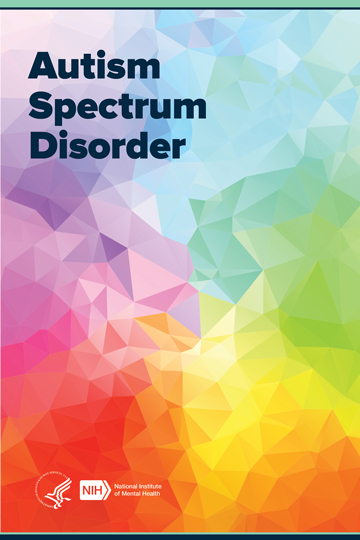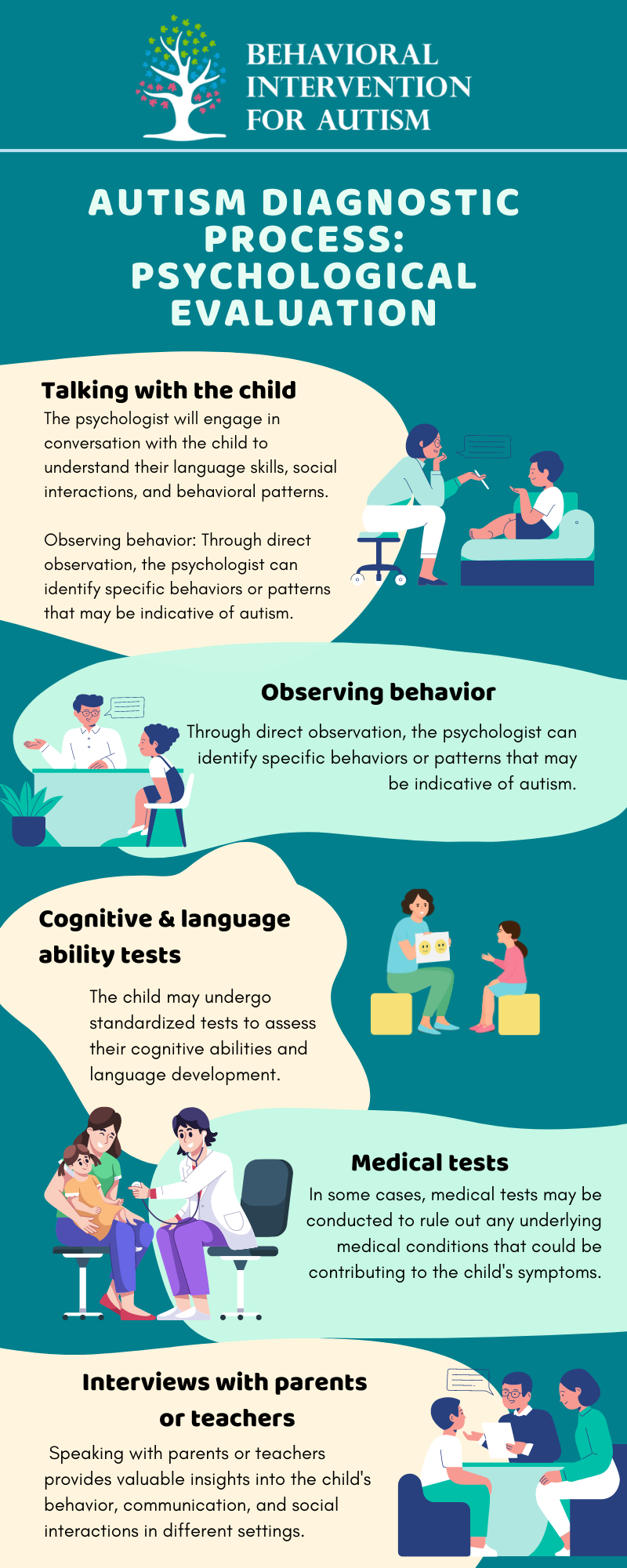How an Autism Therapist can enhance everyday life for those managing ASD
How an Autism Therapist can enhance everyday life for those managing ASD
Blog Article
Understanding the Effect of Behavioral Autism on Life and Social Interactions
You could not recognize exactly how deeply behavior autism influences life and social interactions. People on the spectrum usually navigate a world full of communication hurdles and sensory overload. These challenges can lead to disappointment and isolation, impacting their relationships and total health. Comprehending these nuances is important for fostering encouraging atmospheres. What techniques can we implement to develop more comprehensive areas and significant connections? The answers could shock you.
Specifying Behavior Autism and Its Features
Behavioral autism, usually described as autism spectrum condition (ASD), encompasses a series of conditions defined by challenges in social communication, communication, and repeated actions. You may see that individuals with ASD usually have a hard time to interpret social signs, which can result in misunderstandings in conversations. They might discover it difficult to establish eye get in touch with or involve in tiny talk, making social circumstances really feel overwhelming.
Communication problems can show up in different methods, from delayed speech advancement to a preference for utilizing less words. By identifying these characteristics, you can foster an environment that promotes acceptance and urges reliable communication, assisting people with autism flourish in their daily interactions.
The Spectrum of Autism: Understanding Irregularity in Actions
Autism range condition (ASD) isn't a one-size-fits-all medical diagnosis; it varies widely among people. You could see that some individuals with ASD show light symptoms, while others may deal with extra considerable challenges. This variability can show up in actions, rate of interests, and sensory sensitivities. You may experience people that are extremely verbal and involve quickly in conversations, while others might prefer singular activities or communicate non-verbally.
Moreover, the way individuals with ASD react to sensory input can differ substantially; some may be overwhelmed by intense lights or loud noises, whereas others grow in promoting settings. The range additionally consists of differences in social communications; some people may battle to interpret social signs, while others navigate social setups with relative convenience. Recognizing this variability is crucial, as it assists you appreciate everyone's one-of-a-kind experience and tailor assistance to their particular demands, promoting a more comprehensive environment for every person.
Communication Obstacles Faced by People With Autism
When you communicate with people on the autism spectrum, you might see their distinct interaction difficulties. They often deal with difficulties with both nonverbal and verbal hints, which can impact their social communications. Comprehending these barriers is essential for cultivating better links and assistance.

Verbal Communication Troubles
Many people on the autism range experience spoken interaction troubles that can substantially affect their day-to-day interactions. You may discover it challenging to reveal your ideas, sensations, or needs clearly. This can cause aggravation for both you and those around you, as misconceptions take place. You may fight with starting discussions, keeping a subject, or understanding nuances in speech. Commonly, you could prefer using easy language or repeated phrases, which can limit your capability to participate in deeper conversations. Your tone, volume, or pace may not align with social expectations, causing others to misinterpret your purposes. Recognizing these challenges can help you and your support network develop techniques to improve communication and foster better connections with others in your daily life.
Nonverbal Interaction Barriers
Spoken communication isn't the only difficulty people on the autism spectrum face; nonverbal communication obstacles can be simply as significant. These difficulties can lead to misconceptions or misconceptions of social signs, making interactions feel complex or frustrating. By addressing nonverbal communication, you can discover methods to boost your social experiences and boost your overall high quality of life.
Social Interaction Influences
Social communications can typically really feel frustrating as a result of the unique communication difficulties dealt with by people with autism. You might deal with analyzing social cues, making it difficult to comprehend sarcasm or body language. This can cause misconceptions or unpleasant moments in conversations. Additionally, initiating and maintaining discussions might really feel tough, triggering stress and anxiety in social circumstances. You may like structured atmospheres, making spontaneous interactions uncomfortable. It's also usual to experience trouble in taking part in little talk, which can impede developing new friendships. Recognizing these obstacles can aid you find methods to enhance communication, such as practicing social skills in secure settings or using aesthetic help - Aba Therapist. Comprehending your needs allows you to navigate social communications with higher confidence and convenience.
Social Interaction and Partnership Building in Autism
While structure partnerships can be testing for individuals with autism, understanding their special perspectives and interaction styles can promote meaningful links. You might see that lots of people on the spectrum favor direct interaction and might deal with social cues or tiny talk. By being straightforward in your communications, you can aid create an atmosphere where they really feel comfy.
Engaging in shared rate of interests can likewise offer as a bridge to much deeper links. Whether it's a hobby, a preferred show, or a mutual enthusiasm, these typical strings can open up doors to relationship.
Every Day Life Regimen: Navigating Difficulties and Approaches
Maneuvering daily life routines can be especially challenging for people with autism, especially when unexpected adjustments happen. To navigate these obstacles, take into consideration carrying out visual schedules or lists.
Establishing a routine that consists of sensory breaks can likewise be helpful. You can prepare time-outs throughout your day to reenergize. It's necessary to interact with those around you, letting them recognize your needs and choices. This assists create an understanding atmosphere.
Lastly, practice mindfulness strategies to manage tension and anxiousness. Simple breathing workouts or basing methods can make a substantial distinction. By including these methods, you can improve your daily regimen and reduce disturbances, making life feel much more convenient.
Strengths and Capacities of People on the Autism Spectrum
Understanding everyday life regimens is simply one facet of the autism experience. Numerous individuals on the autism range have impressive strengths and capabilities that establish them apart. You could find that your interest to information is outstanding, enabling you to master tasks that call for precision and focus. Your ability to think outside the box can cause ingenious remedies in numerous scenarios.
Furthermore, your memory skills usually beam, specifically in areas of interest. Autism Spectrum Therapies. This propensity for keeping info can make you a useful source in fields like scientific research, art, or modern technology. You may also show solid aesthetic thinking, enabling you to picture complicated concepts and solve troubles artistically
Furthermore, your distinct perspective on the globe can cultivate empathy and understanding in others, enriching social communications. Accepting these toughness not only improves your self-confidence but also assists others appreciate the varied talents you offer the table.
Producing Comprehensive Atmospheres for Individuals With Autism
Developing inclusive environments for people with autism starts with making sensory-friendly areas that cater to their unique demands. You can likewise foster possibilities for social interaction, aiding to construct connections and friendships. By making these changes, you'll contribute to an extra inviting atmosphere for every person.
Designing Sensory-Friendly Spaces
While making sensory-friendly spaces, it's essential to mirror on the distinct demands of individuals with autism. Begin by choosing soothing shades and soft lights to develop a soothing atmosphere. When overwhelmed, include quiet zones where people can pull away and recharge. You'll want to minimize loud noises and diversions, using soundproof materials or white noise makers to aid maintain serenity. Take into consideration tactile aspects like soft textiles or fidget-friendly things that can offer convenience. Ascertain that areas are versatile, enabling for simple reformation to accommodate different tasks. Finally, include aesthetic timetables or clear signs to help individuals browse the area confidently. By attentively incorporating these components, you can develop a welcoming ambience that sustains sensory requirements and advertises general wellness.
Advertising Social Communication Opportunities
Designing sensory-friendly spaces not just addresses private comfort but likewise sets the stage for meaningful social interactions amongst individuals with autism. To promote these communications, produce inclusive settings that invite participation. Arrange structured activities, like art courses or team games, that urge partnership without overwhelming sensory input. Usage visual aids and clear interaction to assist everyone involve easily. Encourage peer mentoring, coupling individuals with autism with supportive peers who can guide them via social situations. In addition, think about organizing normal community occasions that celebrate neurodiversity, promoting acceptance and understanding amongst all participants. By implementing these approaches, you can boost social opportunities, assisting people with autism develop relationships and reinforce their social skills in a risk-free, welcoming atmosphere.

Regularly Asked Questions
Exactly How Can Pals Assistance Someone With Behavioral Autism?
You can support a good friend with behavior autism by holding check here your horses, paying attention proactively, and appreciating their limits. Participate in activities they enjoy, communicate openly, and create a comfortable environment where they feel valued and understood.
What Resources Are Available for Parents of Children With Autism?
You can explore various sources for moms and dads of children with autism, consisting of assistance groups, educational internet sites, and regional neighborhood solutions. Getting in touch with other parents can likewise offer valuable understandings and shared experiences to assist navigate obstacles.
Can Behavioral Autism Modification With Time?

Yes, behavior autism can change with time. You may notice changes in communication, social skills, and behavior as your kid expands. Early treatment and support often play vital duties in these developmental adjustments.
How Do Sensory Level Of Sensitivities Affect Every Day Life?
Sensory sensitivities can make everyday experiences overwhelming. You might battle with intense lights or loud noises, bring about stress and anxiety or avoidance. Locating settings that accommodate your demands can substantially enhance your comfort and total life.
What Prevail Misconceptions Concerning Behavioral Autism?
You could assume behavior autism only impacts interaction skills, however it's even more facility. Many presume people lack compassion or knowledge, which isn't true. Comprehending these false impressions helps foster acceptance and assistance for those on the range.
Behavioral autism, often referred to as autism spectrum disorder (ASD), encompasses a variety of conditions defined by obstacles in social communication, interaction, and recurring actions.Social communications can commonly really feel frustrating due to the special interaction difficulties dealt with by individuals with autism.Designing sensory-friendly spaces not only addresses individual comfort yet additionally establishes the phase for significant social interactions among people with autism. Encourage peer mentoring, pairing individuals with autism with encouraging peers that can assist them with social circumstances. By carrying out these approaches, you can improve social chances, helping people with autism construct relationships and enhance their social skills in a risk-free, welcoming atmosphere.
Report this page